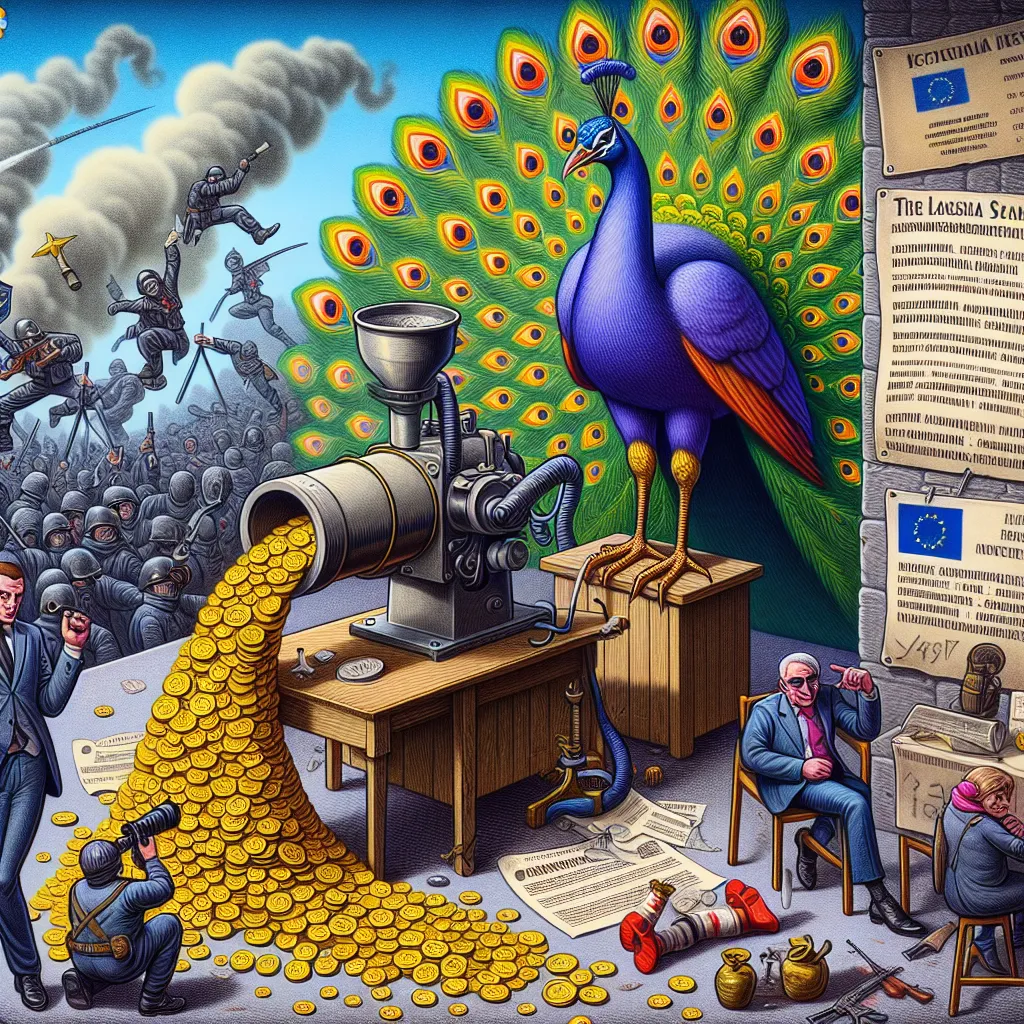Russian sanctions: freezing a 33-meter apartment and part of a basement in Montenegro


The Montenegrin authorities deceived European officials last year by saying they had frozen the property of 34 Russian citizens on the European Union's sanctions list. Former Interior Minister Filip Adzic said last June that the authorities, following European policy, had frozen the property of sanctioned Russians. "For 44 properties, the Cadastre Office has issued decisions restricting the disposal of property in Montenegro. This applies to 34 Russian citizens, sanctions have been imposed on them "," Adzic said. The information four months later also appeared in the annual report of the European Commission on Montenegro. However, the fact is that the property was frozen only' 'from one Russian, as confirmed by the State Cadastral Administration and Property. There was no comment from the European Union delegation in Podgorica on the controversial statement.
Ines Mrdovic from Social Rights Action for a Free Europe assesses that the responsibility for this mistake lies with Montenegrin institutions. Mrdovic: Responsibility lies with Montenegrin institutions "It is unacceptable to give the EU one type of information that does not correspond to the real situation," Mrdovic emphasizes.
The Russian invasion of Ukraine began in February 2022, and the Montenegrin government in April, after several postponements, joined the EU sanctions, which include freezing the property of Russian citizens and' 'companies from the list. The Cadastre Office explained to Free Europe what happened after receiving the list of Russians under EU sanctions. Reportedly, the lists included first and last names, and only for some of them the date of birth. As they explain, the only criteria for the search were first and last names. "Decisions were issued for a certain number of persons with matching first and last names to prohibit the disposal of property because of the risk of alienation and encumbrance of real estate," the Office says. 'Only then was authentication done, which showed that 33 of the 34 people were not on the sanction list but only had the same first and last name.' 'After identifying the errors, they at the Authority carried out "rectification of decisions". As they explained, they decided to freeze the property urgently, before conducting the authentication, so that the properties of the 'authorized' would not be sold or encumbered with loans.
There was no response from the Montenegrin Ministry of Interior as to why they provided unreliable information and misled the public and the EU. Information about the property freeze was also reported by numerous media outlets in the region at the time.
Bashirov is the only one whose assets were frozen The Office did not disclose the name of the person whose assets were frozen, but based on the documents it was Marat Bashirov, the former prime minister of the so-called People's Republic' 'Luhansk.






Ines Mrdovic believes that the whole process was not transparent enough either to citizens or to European partners. "We come to a situation where some people say one thing and others say another. And then you wonder what is actually true. In any case, it is very bad that European partners are not given full and accurate information," Mrdovic notes.
The European Parliament adopted a resolution on Montenegro in October this year. It welcomes Montenegro's compliance with sanctions against Russia. However, concerns are expressed about the fact that Montenegro' 'is home to a large number of Russian citizens, including oligarchs. "We call on the Montenegrin authorities to take measures to ensure that the country does not turn into a center for companies and individuals wishing to circumvent sanctions," the resolution reads. The European Commission will present a new report on Montenegro on November 8 in Brussels. Before publishing the report, European Commission President Ursula von der Leyen visited Montenegro as part of a Balkan tour.
We will find property in Montenegro for you
- 🔸 Reliable new buildings and ready-made apartments
- 🔸 Without commissions and intermediaries
- 🔸 Online display and remote transaction
Our managers will help you choose a property
Liliya
International Real Estate Consultant

Subscribe to the newsletter from Hatamatata.com!
Subscribe to the newsletter from Hatamatata.com!
Popular Posts
We will find property in Montenegro for you
- 🔸 Reliable new buildings and ready-made apartments
- 🔸 Without commissions and intermediaries
- 🔸 Online display and remote transaction
Our managers will help you choose a property
Liliya
International Real Estate Consultant

Subscribe to the newsletter from Hatamatata.com!
Subscribe to the newsletter from Hatamatata.com!
I agree to the processing of personal data and confidentiality rules of Hatamatata
Popular Offers



Need advice on your situation?
Get a free consultation on purchasing real estate overseas. We’ll discuss your goals, suggest the best strategies and countries, and explain how to complete the purchase step by step. You’ll get clear answers to all your questions about buying, investing, and relocating abroad.


Irina Nikolaeva
Sales Director, HataMatata
